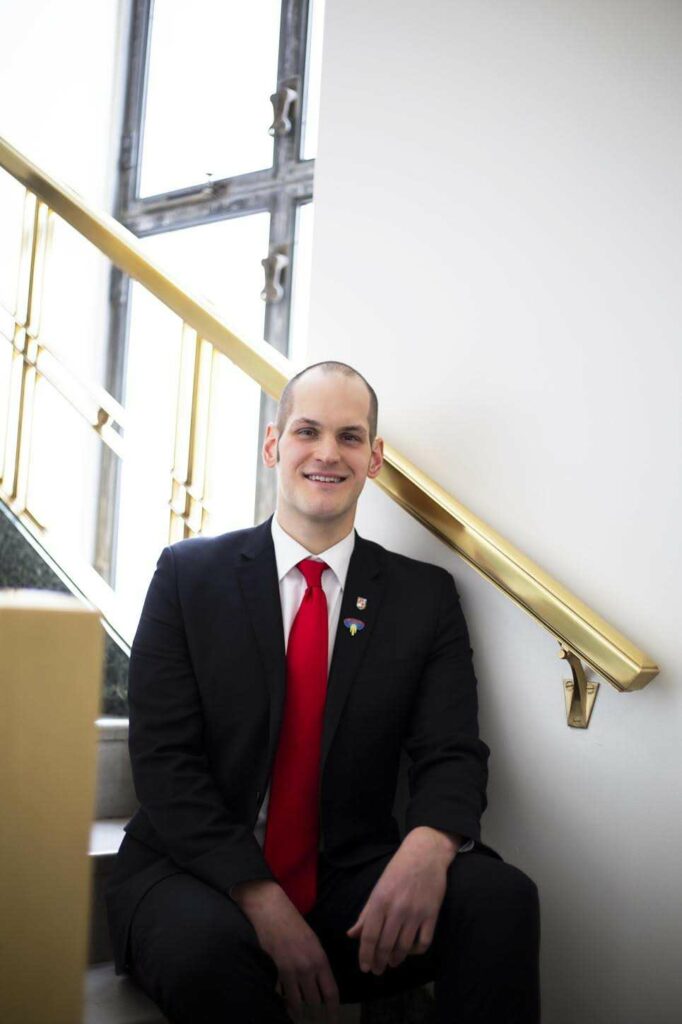

MINOT – A term limits measure will be on the ballot in the general election November 8. However, it took a stern rebuke from the North Dakota Supreme Court to ensure voters would have the right to decide the issue.
On September 7, the Supreme Court unanimously overturned a District Court judge who ruled in favor of Secretary of State Al Jaeger throwing out approximately 29,000 petition signatures, leaving too few for the issue to quality for inclusion on the November ballot. With the favorable ruling from the state’s top court, the measure has secured a place on the ballot.
Backers of the term limits measure submitted 46,000 signatures to the Secretary of State, far more than needed to get on the ballot. It was the most signatures ever received for an initiated measure in the state.
“It’s been a long journey, a little longer than we wanted,” said Jared Hendrix, chairman of the sponsoring committee. “We’re excited to give voters an opportunity to vote on it.”
The term limits measure, if it passes, would change the state’s constitution and go into effect on January 1, 2023. It limits time served in the state House and Senate to eight years and limits the governor to two terms, or 8 years. Legislators currently seated would not have their time in office count against their term limit, only those years going forward from implementation of the measure should it be approved by voters.
Additionally, a legislator who serves eight years in one legislative body could follow that with eight years in the opposite body, House or Senate.
While term limits is a common drumbeat, it has both supporters and opponents. There’s also those whose preference is “selected” term limits aimed at certain, but not all, politicians. In effect, that is what elections are designed to do.

Rep. Scott Louser, R-Dis. 5, Minot, assistant majority leader, shared his thoughts on term limits.
“People need to understand the effects of term limiting in North Dakota,” said Louser. “Congress is full-time. We’re part-time legislators. All of the leadership positions will change after two sessions. We'll have a majority leader, appropriations chairmen with very limited experience. It would place additional power and authority in the hands of lobbyists.”
Hendrix said “term limits are popular” and expected voters to agree in November.
“Polling has shown 81% favorability,” said Hendrix. “We expect those numbers to narrow a little bit and are not taking it for granted. We do feel like we’re probably going to do very well.”
Louser noted that it is difficult to find candidates to run for offices all across the state, citing 13 House Republican candidates who will be running unopposed in November. Term limits, he said, likely won’t improve that situation.
“We’ll be taking away, in my opinion, strong voices and place additional power in the hands of bureaucrats and lobbyists. You are giving unelected people additional power, in my opinion,” stated Louser. “Without people fully understanding the ramifications, I think it is going to pass.”